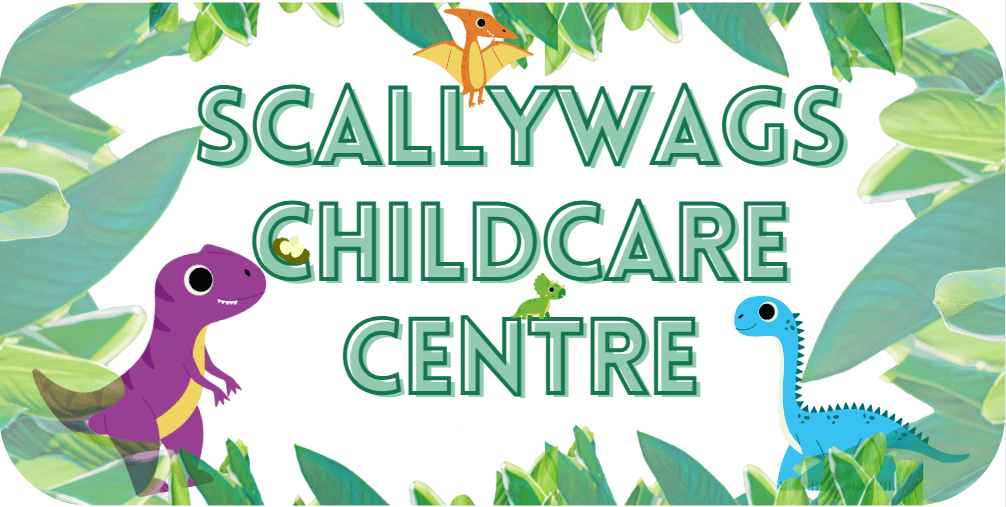We believe:
- Children are resourceful learners that are capable of constructing their own learning.
- Children learn through play while communicating with other children and adults and engaging in their environment.
- All children have their own experiences of culture, family and community.
- Children can develop a sense of belonging and confidence when they feel supported, respected and safe in their environment.
- All children should be seen as uniquely individual and afforded the respect of educators as theorised by Pikler and Gerber.
Therefore we:
- Respect children as competent, capable and active participants in their learning.
- Develop the curriculum around their interests so they have the opportunity to be involved in meaningful learning that builds upon their existing knowledge and experiences.
- Are committed to providing a play based, educational curriculum that is guided by the Early Years Learning Framework and the Queensland Kindergarten Learning Guidelines.
- Use positive behaviour guidance practices that empower children to respect diversity and differences, develop personal responsibility and resilience, learn to cooperate with others and to effectively resolve conflicts.
We believe:
- Families are a child’s first teachers and most important influence in their learning and development.
- Potential learning outcomes for children are maximised when early learning professionals, families and associated community agencies work in partnership.
Therefore we:
- Welcome families at all times and encourage them to participate in our centre environment in ways that they are comfortable.
- Encourage parents to share information about their child’s learning development and interests to guide curriculum decisions.
- Endeavour to support families by honouring and acknowledging their histories, cultures, languages, traditions, child rearing practices and lifestyle choices.
- Tactfully and honestly discuss and inform families of current best practice options for their child’s health and wellbeing.
- Will liaise with other community services to enrich our program.
- Communicate with specialists to assist in planning an enriching environment and program for all children including those with additional needs.
We believe:
- Early childhood staff are educators, role models, nurturers and facilitators of children’s learning.
- Personal and professional contributions from all educators should be valued. Should
- Early childhood educators should consider each child as uniquely individual
- Early childhood educators should adopt a philosophy of continuous learning within their field and extend acquired learning to colleagues whenever possible.
Therefore we:
- Employ educators who display a genuine love and concern for children in their care and are committed to professional development.
- Will work effectively as a team sharing skills, tasks, responsibilities and knowledge.
- Ask that our educators critically reflect upon all aspects of the program and centre processes to ensure we are constantly improving our service.
We believe:
- Our centre should reflect our commitment to providing a safe environment for children, staff and visitors.
- Children are provided with learning opportunities when engaged in the outdoor, natural environment.
- Our physical environment, both indoors and outdoors, should contain natural elements.
- Learning about sustainability is enhanced when our centre policies, programming and practices are geared towards a sustainable future.
- Observing, interacting with and learning to care for an animal can be a valuable part of a child’s education and care experience, enriching their learning. ACECQA Quality Information Sheets Keeping Pets And Animals In Education And Care Services
Therefore we:
- Endeavour to educate children about the natural environment.
- Encourage outdoor play including rainy weather play.
- Will keep pets at the centre and allow children to attend to their care requirements.
- Utilise best practice procedures in terms of safety and hygiene.
- Ensure all educators are trained in first aid, emergency and child protection procedures.
- Update our policies and procedures annually to reflect current best practice and sustainability ideals.
- Support children to engage with and learn about the natural environment and sustainability through resources, role modelling, projects and valuing the benefits and opportunities that our natural environment provides us.
